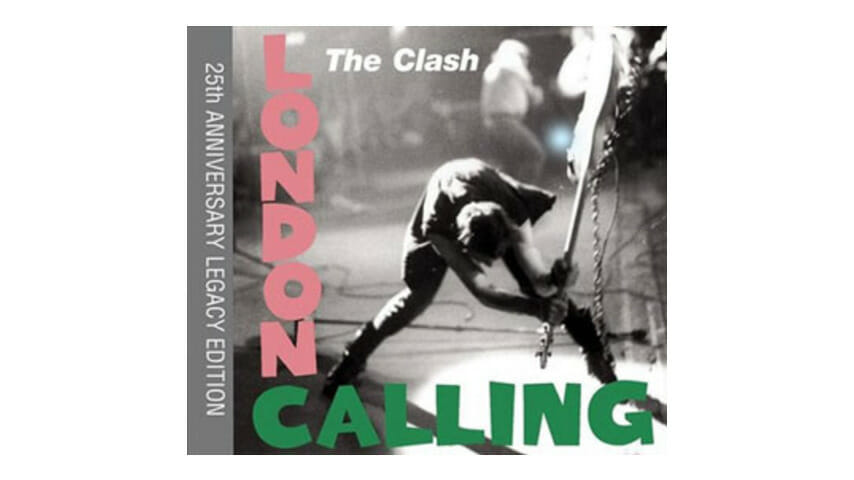The Clash – London Calling

Spring, 1984: I’d just turned fifteen years old, and, as a burgeoning punk rocker, I was determined to make a black mark on the suburban landscape. My ninth-grade friends and I were so “bored, bored, bored with the U.S.A.” that we spent our free time watching episodes of The Young Ones, giving each other bad haircuts and escaping to downtown Atlanta. Our parents were blithely unaware of the life we led once the sun went down—drinking bottles of Boone’s Farm behind the Metroplex, conning our way into shows at the Buckhead Cinema & Drafthouse and pogo-ing until dawn at 688 Club.
When local college station WRAS announced The Clash concert at the Fox Theatre, we were undoubtedly going. Although “Rock The Casbah” had been co-opted by the jocks and preps at our high school, we still owned The Clash. My friend Lynn had liberated a copy of London Calling from the local Turtle’s record store just before Christmas, and, by the time the new year rolled around, we were speaking in Rude Boy lingo, calling each other “boyo” and “Jimmy Jazz.”
-

-

-

-

-

-

-

-

-

-

-

-

-

-

-

-

-

-

-

-

-

-

-

-

-

-

-

-

-

-

-

-

-

-

-

-

-

-

-

-








































